Loop, masters at combining psychedelia, drone rock and a Stoogesque ferocity, earlier this year released the album ‘Sonancy’. It is their first in thirty years, but they continue to display the entrancing energy which burned through their original music in the late Eighties and early Nineties, on records like ‘Fade Out’ and ‘A Gilded Eternity’. Occasional, well-received live reformations have taken place during this century, in ‘Sonancy’ finally bearing permanent fruit. Guitarist and vocalist Robert Hampson is the sole remaining member from the early years. After the band split he worked for many years under the name of Main. He gave Pennyblackmusic an expansive interview, covering topics which ranged from the recording history of Loop and Main to his admiration for Godflesh and the importance (or not) of Loop lyrics. Proud as he is of the band’s accomplishments, he also has some passionate views about the current state of the music industry and the linked phenomena of short attention spans from listeners who expect music to be free. He is also, perhaps surprisingly in these days when access to music appears so instant, frustrated by the time it takes for a physical album to become available once recorded. Thankfully ‘Sonancy’ is available should you choose to seek it out, and with such a resounding artistic success you’d be well-advised to do so. PENNYBLACKMUSIC: How did the first line-up of Loop come together? Were you all drawing on the same musical sources? ROBERT HAMPSON: The original incarnation of the band was two-thirds formed already as I was with my partner of the time, Bex (Beki Stewart) and I’d convinced her that she was the next Moe Tucker (who famously played a very unconventional minimal kit at the time of snare and a bass drum which was laid horizontally). We put an ad in ‘Melody Maker’ for a bass player, which is how we met Glen (Ray). He actually came from a slightly different background musically. Led Zeppelin were his favourite band, but he brought something that I hadn’t considered at the time, which was a musicality to the bass lines, which worked fantastically against my more minimalist scratching on the guitar. PB: Looking back at the catalogue of the original band, what do you regard as your most successful recordings? RH: They are all successful in their own way. I don’t pick and choose between them. My attitude is always that they are “of their time”, in the sense that they are the product of what we had at the time at our disposal. After that, then it’s down to the listener to pick their favourites. There is nothing we have ever done that I consider inferior to anything else. PB: In the 1980s, bands as varied as Loop, Sonic Youth and My Bloody Valentine all pushed the expressiveness of guitars to new levels. Did you split from the band and move into more ambient music because you felt you’d gone as far as you could with guitars? RH: I don’t like to refer to my music as Ambient to be honest. I think most of it is too busy to fit into that category. But early Main up until the album ‘Motion Pool’ was still made predominantly with guitars, so it didn’t happen overnight. It was a gradual process of removing guitars, but it certainly did get to a point where I felt the end had been reached as to what else could be done with them. Plus I was bored. I wanted to find out more in other areas of sound manipulations. PB: You played with Godflesh for a period in the 1990s, for example on the album ‘Pure’. How did that arrangement come about? Was it always envisaged as temporary, or would you have liked to develop the connection further? RH: I was good friends with Justin (Broadrick) and Ben (Green). They had played a lot of shows with Loop previously and I remember being at a show in Brixton, which Godflesh were playing (supporting Treponem Pal if memory serves) and I knew their other guitarist Paul was leaving, as Loop had finished by then, and it was still early days for Main, so I said I’d join. I don’t think any of us thought it would be permanent, and we’d toured extensively by the time I decided to dedicate all my time to Main. They were scheduled to tour with Skinny Puppy in the US and that was also partially why I decided it was best I leave, I really wasn’t mentally in the best place for such a long tour, and I was already beginning to record the next Main records after ‘Hydra/Calm’. I’d built a studio in my flat and I found it incredibly hard to stay away from it. I’d never had the luxury of having so much equipment at my disposal before and just wanted to record 24/7. It was an absolute pleasure to play the Pure show at the Roadburn festival (in 2013) with them after so many years. I’d happily do more. But even that seems such a long time ago now. Maybe it will happen, maybe it won’t. But we’re good when we all see each other. tt always ends up with us having a good laugh when we cross paths. I just have always loved Godflesh. They stood out on their own and continue to. PB: Do you see the music of Main as an evolution from the music of Loop or a decisive break from it? RH: I think Main originally was the evolution of where Loop would have needed to go post ‘A Gilded Eternity’. But the more I thought about it, the more the line-up of Loop wouldn’t have worked to achieve that. I wanted to strip so much back. It would have been hard to make that work because unless you are Robert Gotobed (Wire). You can’t really ask a drummer not to drum. It wouldn’t have worked and would have been frustrating. But of course, it had to be an evolution and also a decisive break as well. It had to move forward, I’m not a great one for standing still. PB: What musical advantages do you feel electronic instrumentation offers compared to what is used in traditional rock? RH: All of the Main material (including the most recent) never once featured a synth. It’s a common misconception that it did, and that often infuriates me. There is intense manipulation of sounds, which are processed, but not one sound comes from a synth. That’s a fact. I’ve used a few bits of modular style synthesis here and there on other works I have done, but not a great deal. There’s a couple of textural drones on the new Loop material from a synth, but as I said, my work with them is very minimal. It offers a great deal compared to a guitar obviously, and with modern means now you can have a complete studio in a laptop. I really appreciate that side of things. Having a fully functioning analogue studio is amazing to have, but that’s a lot of room taken up and a lot of upkeep. I miss my old studio, but I simply don’t have the finances to keep it running or the room. I can totally understand people’s love of old synths. There is something incredibly tactile about them that you will never have with digital. We live in an age where functionality and immediate gratification is the norm, but I do like the fact now that a lot of analogue is kind of coming back, albeit in a smaller more compact form. PB: Although there have been sporadic live reformations since the early Nineties, ‘Sonancy’ is the first Loop album in over thirty years. What brought it about? RH: I have wanted to make a new album for a good while. Simply put, timing and finances just never made it happen until recently. The ‘Array 1’ EP should have been the first of three, but that didn’t happen. I love the idea of releasing EPs far more than albums, ever since the series The Associates did for Situation Two way back in the early 80s, post-‘The Affectionate Punch’ and pre-‘Party Fears Two’. I’d do that all the time if I had my way. Albums have lost their way, and let’s face it, most people under the age of 30 can’t even listen to one, as their attention span seems to have evaporated. You can’t release anything immediately anymore - unless it’s online of course. The immediacy has completely left the music industry, which is incredibly disheartening. Labels wanted six months post-recording before release to set it up before the “vinyl crisis”, and now it’s a year to turn things around. It’s ridiculous to think of it really, considering you have so much more at your disposal to promote it etc, but that has actually hindered releases. The days of turning it around to a physical object in six weeks from recording have long long gone, and that is possibly one of the worst things that can happen to the creative energy a band might have. Yes, you can release it digitally, but people want more for their money in a physical object or they want it for free… you simply can’t win. Nothing that can put food on an artist’s table or pay their rent should be free. People still seem to think that is as it should be,yet ask them to work for free and they would be incredulous. If it is free, then that should be on the artist’s terms, not theirs. Don’t get me started on Spotify etc. That just makes other people rich. Maybe not the answer you were looking for (Laughs). The album was almost a year old by the time of it being released, but that was due mostly to Covid. Even so, it’s incredibly frustrating that everything now takes forever to get to turn around. So the EP idea is now illogical, unless you recorded them as you would an album, so it might as well be an album. PB: The new album has all the atmosphere and power of classic Loop. Was there any difficulty in writing and playing that way again, or did it come easily? RH: Loop will always be Loop. The only difficulty really is to try and think of new ways of doing it, as in trying to keep the identity but the material has to be different to what has come before. But once that is worked out, then it’s simply getting it on tape PB: Not only the album itself, but all of the tracks have unusual one-word titles like ‘Isochrone’ and ‘Fermion’. Do they have any particular meaning, or are they intended to throw the listener off the scent of any hard and fast interpretation? RH: I have a thing for one-word titles and always have. Whereas they might have held a small chink of light to what they represent in the song itself, now it’s not so obvious in any of them. I’ve always said that there should be a little bit of mystery involved. I don’t like or care for lyrics to be printed, for example. It should be a bit of a puzzle or jigsaw. It doesn’t matter if the listener maybe doesn’t fully comprehend it or get the words right. The clues are all there, but the answer doesn’t always have to be correct, if you get my drift? I’ve heard some interpretations in cover versions or seen some written online and it’s always wrong… and I’m totally fine with that. I can laugh at them at times, but they’re only words at the end of the day. If they mean something to one person, they will mean something else to another. But the only truly literal aspect of this album is its title, and then that is Latin and you might have to look for the meaning. Which is a good thing! PB: Thank you. Photos by Simon Hampson. ‘ Sonancy’ is out now. Loop will be playing the following UK dates in October. OCTOBER 2022 8th Dublin Whelan’s 9th Manchester Deaf institute 10th Glasgow Room 2 11th Leeds Brudenell 13th Norwich Waterfront 14th London Electric Ballroom
Band Links:-
https://soundheads.org/https://www.facebook.com/loopbandofficial/
https://twitter.com/loop_band_uk
Play in YouTube:-
Have a Listen:-
Picture Gallery:-
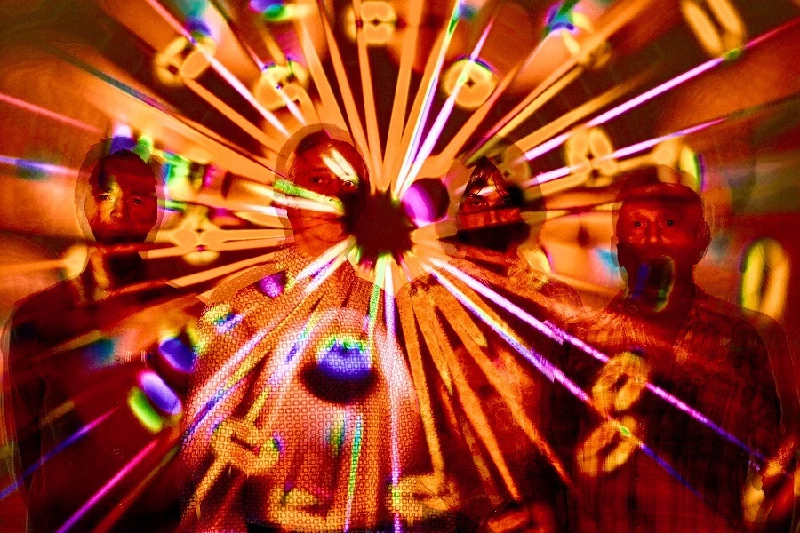
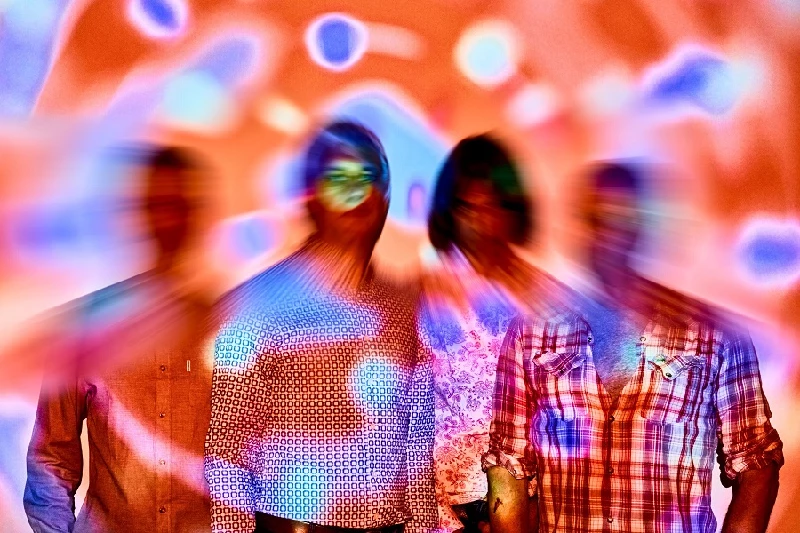
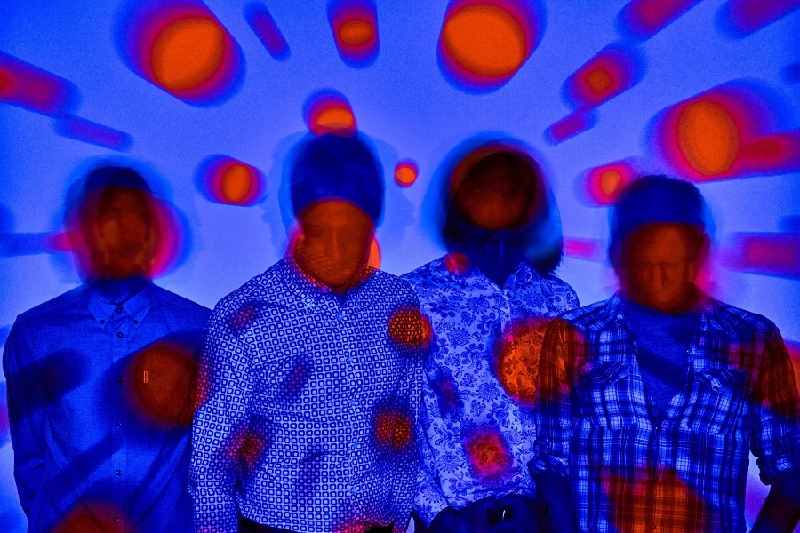
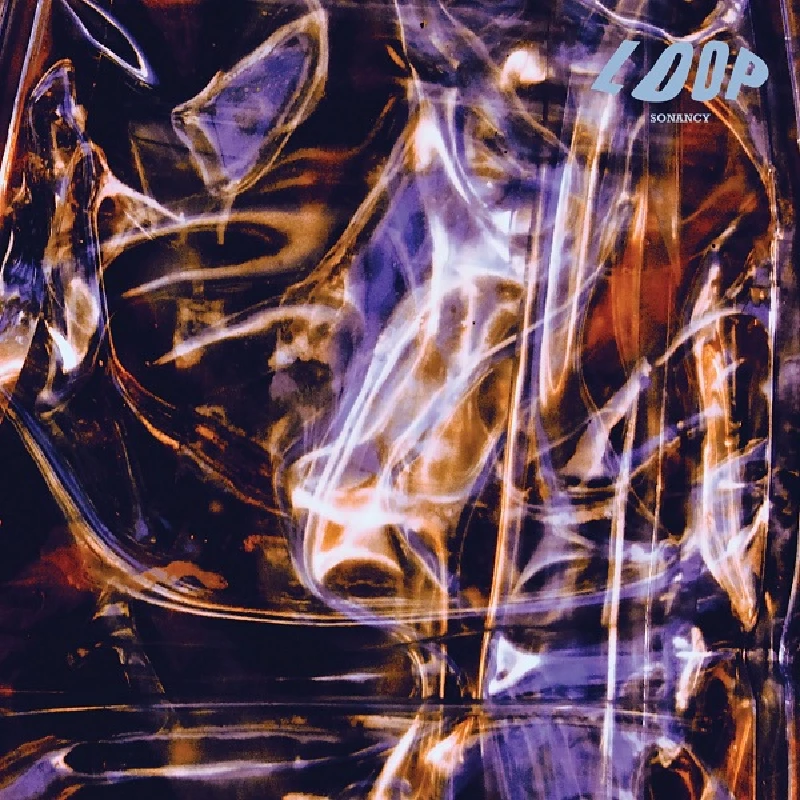
intro
Robert Hampson, the guitarist and vocalist with alternative rock band Loop, talks to Adrian Janes about ‘Sonancy’, their first album in thirty years, and his passionate views on the music industry.
profiles |
|
Loop (2009) |
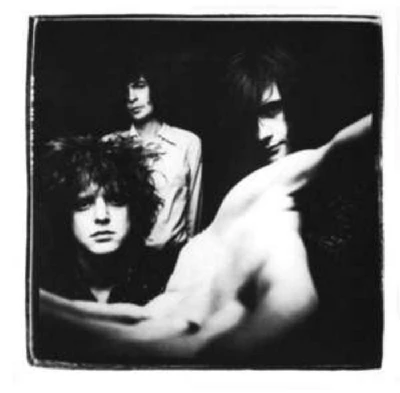
|
| Jon Rogers examines the latter period of the career of psychedelic drone rockers, who have just had their final two CDs,'A Gilded Eternity' and 'The World in Your Eyes', re-released |
| Loop (2008) |
live reviews |
|
Loop / Godflesh - Heaven, London, 4/6/2014 |
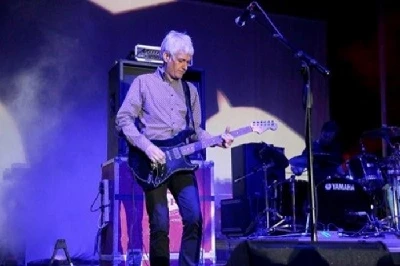
|
| Adrian Janes watches industrial acts Loop and Godflesh play intense but imaginative sets in a joint headline show Heaven in London |
reviews |
|
Sonancy (2022) |
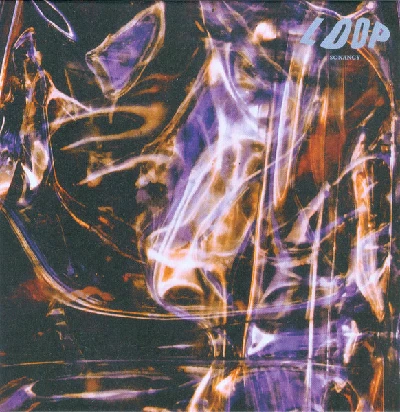
|
| First album in over thirty years from Loop combines the band’s riff-laden power and psychedelic production enhancement in classic fashion. ‘S |
most viewed articles
current edition
Carl Ewens - David Bowie 1964 to 1982 On Track: Every Album, Every SongArmory Show - Interview with Richard Jobson
John McKay - Interview
Colin Blunstone - Thalia Hall, Chicago, 16/7/2025
Billie Eilish - O2 Arena, London, 10/7/2025
Bathers - Photoscapes 1
Visor Fest - Valencia, Spain, 26/9/2025...27/9/2025
Loft - Interview
Sir Tim Rice - Interview
Robert Forster - Interview
previous editions
Manic Street Preachers - (Gig of a Lifetime) Millennium Stadium, Cardiff, December 1999Heavenly - P.U.N.K. Girl EP
Beautiful South - Ten Songs That Made Me Love...
Oasis - Oasis, Earl's Court, London, 1995
Peter Perrett - In Dreams Begin Responsibilities Interview Part One
Boomtown Rats - Ten Songs That Made Me Love....
Coldplay - Wembley Arena. London, 16/8/2022
Prolapse - Interview
Pixies - Ten Songs That Made Me Love...
Trudie Myerscough-Harris - Interview
most viewed reviews
current edition
Davey Woodward - Mumbo in the JumboSick Man of Europe - The Sick Man of Europe
Lucy Spraggan - Other Sides of the Moon
Amy Macdonald - Is This What You've Been Waiting For?
Phew, Erika Kobayashi,, Dieter Moebius - Radium Girls
Bush - I Beat Loneliness
Suzanne Vega - Flying With Angels
Alice Cooper - The Revenge of Alice Cooper
Blueboy - 2
Cynthia Erivo - I Forgive You
Pennyblackmusic Regular Contributors
Adrian Janes
Amanda J. Window
Andrew Twambley
Anthony Dhanendran
Benjamin Howarth
Cila Warncke
Daniel Cressey
Darren Aston
Dastardly
Dave Goodwin
Denzil Watson
Dominic B. Simpson
Eoghan Lyng
Fiona Hutchings
Harry Sherriff
Helen Tipping
Jamie Rowland
John Clarkson
Julie Cruickshank
Kimberly Bright
Lisa Torem
Maarten Schiethart